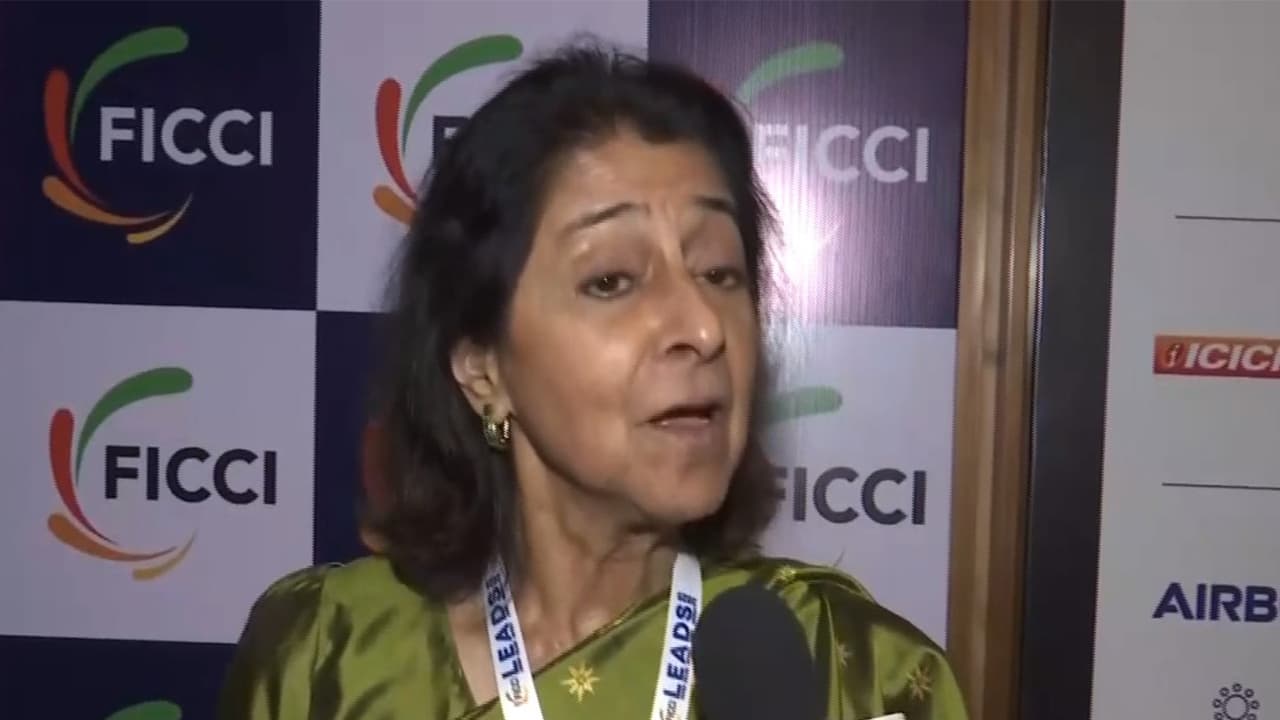Sluggish bank credit growth in India points to weak capital expenditure and low demand, reflecting cautious business sentiment. However, upcoming festive demand and recent GST reforms are expected to boost sentiment and revive demand.
New Delhi [India], September 11 (ANI): Sluggish bank credit growth as compared to last year in India signals weak capital expenditure and low demand, highlighting cautious business sentiment and subdued consumer activity across key economic sectors, noted Naina Lal Kidwai, Chairperson of the Board and Senior Advisor, Rothschild and Co India Pvt Ltd.
“Bank credit growth has been slow and that’s an indication of both the lacklustre capital expenditure environment and demand being low,” she told ANI in an interview on the side lines of FICCI LEADS event in New Delhi.
However, Kidwai added that the upcoming festive demand and the latest reforms in the goods and services tax (GST) would lift the sentiments.
According to the RBI data, bank credit grew at 12.1 per cent during the financial year 2024-25, which is slower than the 16.3 per cent recorded in 2023-24.
“The good news is that with the GST reforms and the festival season is coming up that there is very strong sense of excitement that the demand will come back,” she said.
“When the demand will come up capacities that are sitting free will be utilised and when they will be used the companies will begin to spending more on Capex. So the start of the cycle to address the issue of demand becomes very critical and that is exactly what the government and the ministry of finance has set on course with the GST reforms,” she added.
Speaking on sustainable finance, Naina Lal Kidwai said that India is doing very well in terms of achieving targets set particularly in renewable energy area.
“But the key issue now has to be how we can bring finance to work for the sectors that need that support because trillions of dollars that is required to make us climate resilient at for enabling the adaptability. For that credit enhancement is needed, which means that we de-risk new investments in a way that it crowds finance into the sector. While the country need international finance to do that India’s home grown institutions and banks have to step up to this game,” she said.
“Second the innovations that could come into the sector good news is that the private equity that is coming available for impact financing in these areas. But we need more of that to support the innovations and the technology that can help us achieve some of what we need to do in the climate resilience and climate adaptations space,” she added.
On the ongoing US tariff trade war, Kidwai said that there are certainly repercussions. Some sectors get hit worse than others like exports oriented sectors like apparels, leather, diamond jewellery.
“While we look for new markets we will have to support these sectors because they are very high employment generating sectors. In the near term, to help them transition into not being over dependent on single markets. That impact is there. Good news is that India is largely a domestic driven economy and that domestic demand for us if we can pump it up it can pretty much pick up from anything that we suffer in terms of exports even in the sectors that have got to be addressed in near term,” she said. (ANI)
(Except for the headline, this story has not been edited by Asianet Newsable English staff and is published from a syndicated feed.)
